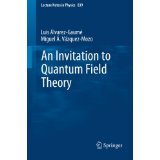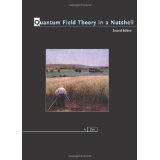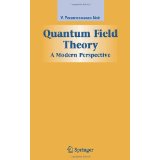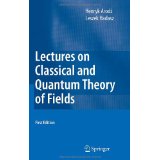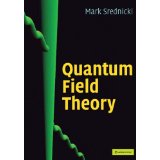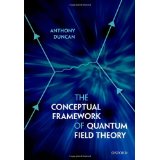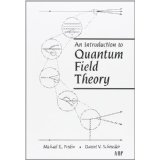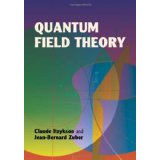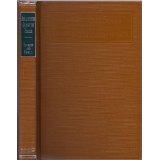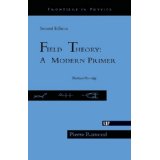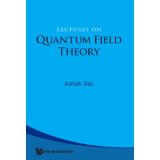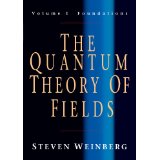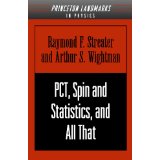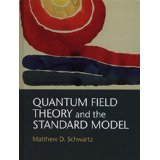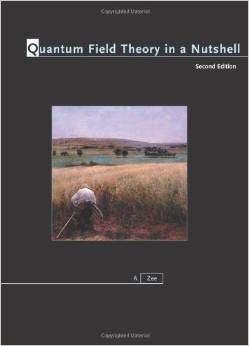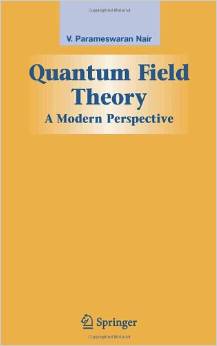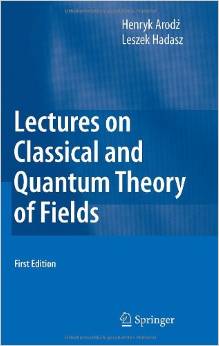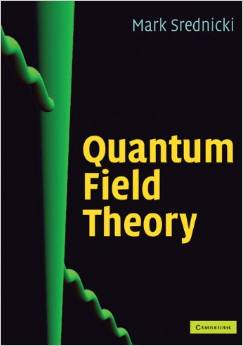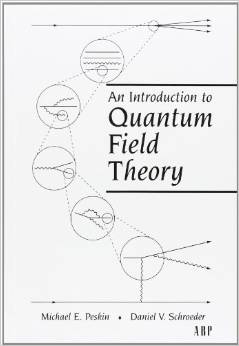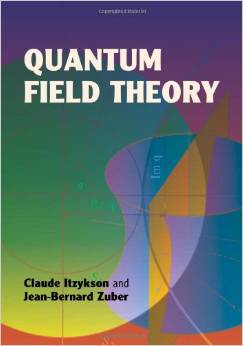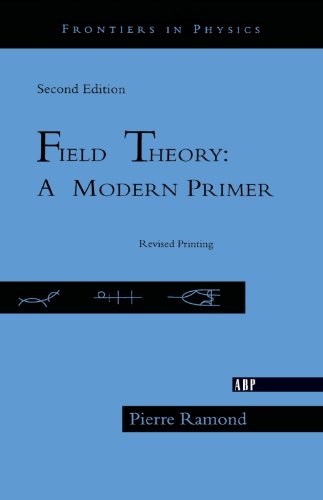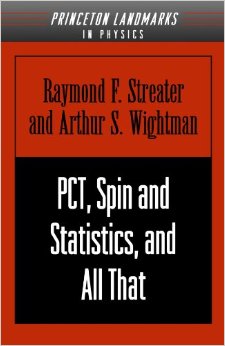Notes
Course notes prepared by the instructor.
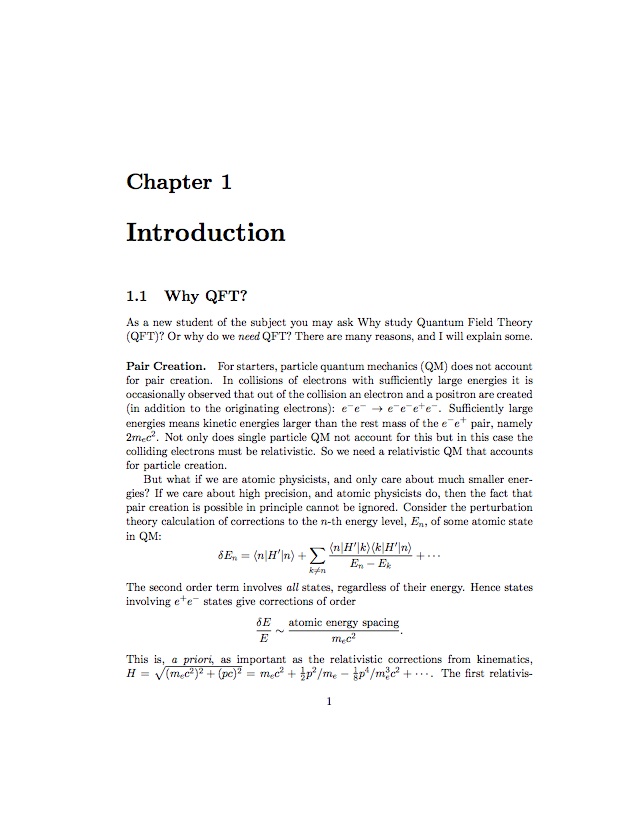
You may also want to use your favorite search engine to look for Quantum Field Theory Lecture Notes PDF.
I often consult my personal notes of Sidney Coleman's lectures. Brian Hill's notes of Coleman's course can be found in arXiv:1110.5013.
Chapter 1: Introduction

Why do we need QFT? Pair production. Klein's Paradox. Bohr's Box. Causality. Units and conventions.
Chapter 2: Canonical Quantization

From Poisson brackets to commutators. Creation and annihilation operators. Fock Space.
Chapter 3: Symmetries

Continuous symmetries: Noether's theorem, conserved charges as generators, spacetime and internal symmetries, abelian and nonabelian symmetry groups. Discrete symmetries: review of antilinear and antiunitary operators; C, P and T; CPT theorem.
Chapter 4: External Sources

Real scalar field coupled to external localized source. S-matrix. Phase space. Evolution operator and Interaction Picture. Wick's Theorem. Time-ordered products.
